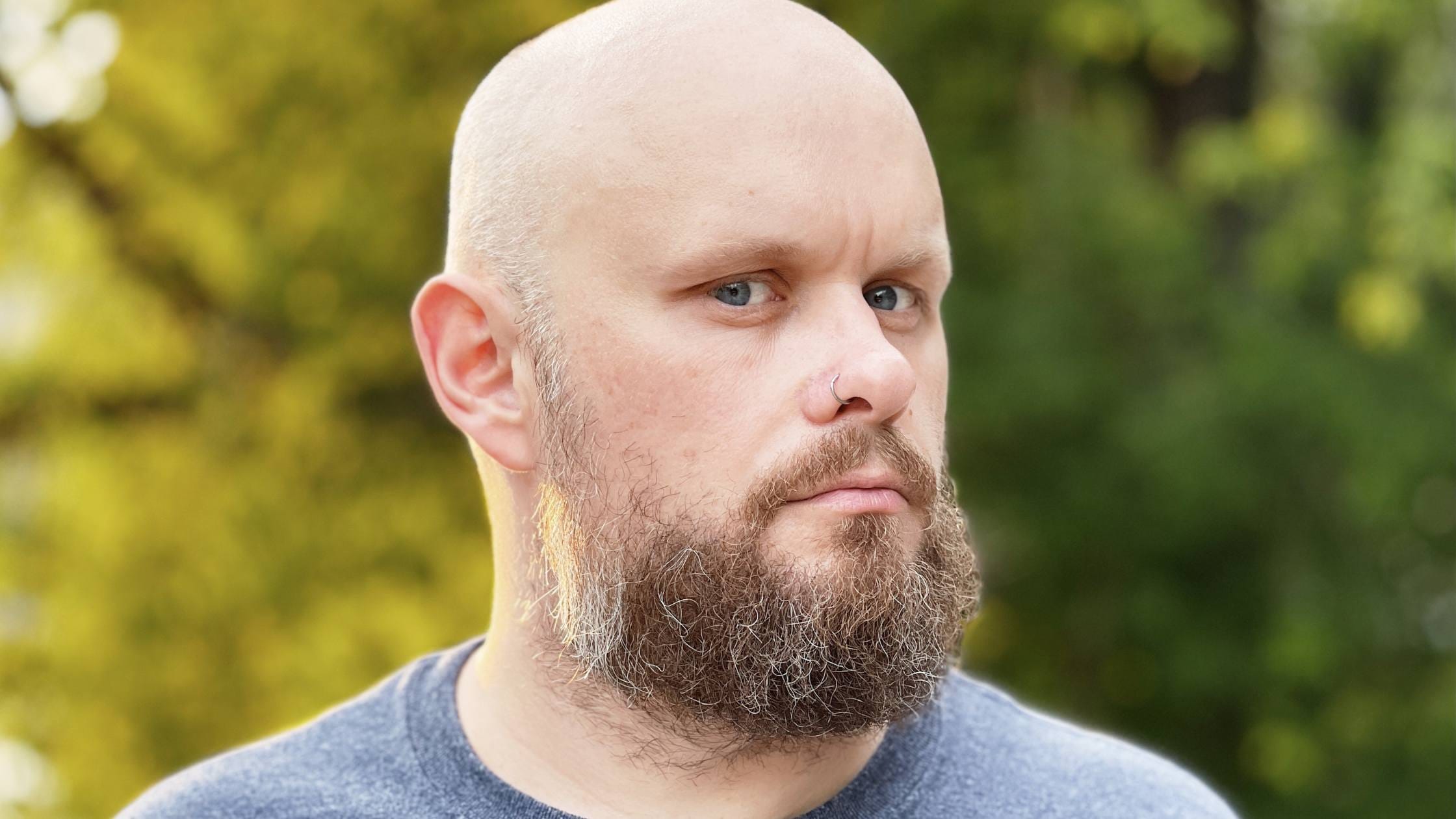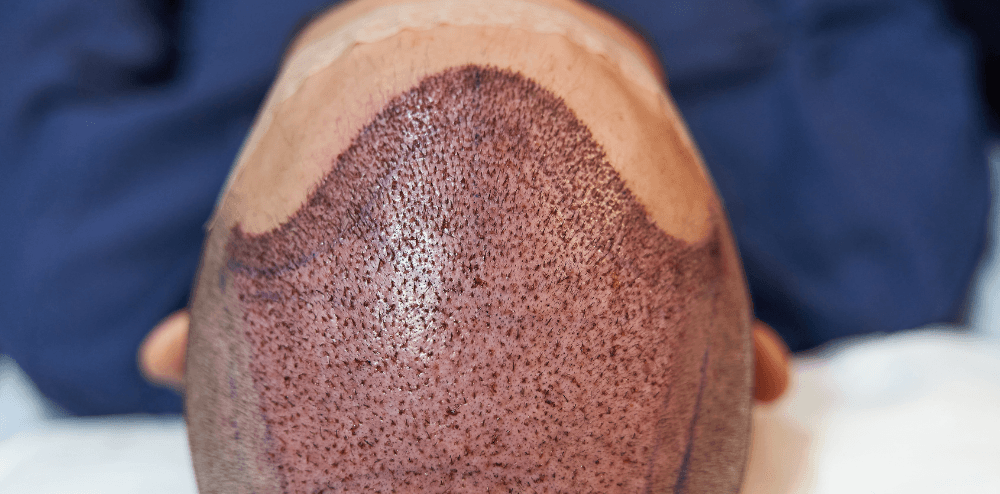Hair transplant surgery is used to regrow hair and treat female and male pattern baldness. You should adhere to the instructions provided to you after the procedure for the best outcomes from the hair transplant. Many people enquire about the possibility of infection after a hair transplant and the impact this might have on the procedure’s final outcome.
Although hair transplants at Estevitalya Hair Clinic are performed in a clean and secure medical setting, there is still a risk of infection if the pre and post-operative instructions are not properly followed. This blog article will go over the possibility of infection following a hair transplant and how to avoid it.
Because of how small the incisions are, hair transplant is considered a simple surgical procedure, but this does not mean that you are not at risk for infection after hair transplant. Thankfully, it is possible to eliminate infection after a hair transplant.
After receiving a hair transplant, carefully follow all aftercare directions. Exercises that can raise your blood pressure should be avoided because they can result in heavy bleeding. After the procedure, you should wait 10 days before having any sexual activity.
What causes an infection?
An unhygienic environment is the cause of infection after hair transplant.
The skin’s outer layer serves as a defense against microbial invasion. Because skin cells are so tightly bound together, it is impossible for bacteria to enter the body. However, if you scratch your skin, get a tattoo, or have surgery, this will make space for bacteria and other microscopic invaders to enter the body causing infection.
Infections After Hair Transplant Symptoms
It can be confusing to detect infection after hair transplant because there are many similarities between wound healing and infection. One week after getting the surgery, symptoms like redness, swelling, and itching that persist may be signs of an infection.
How Can Infection Be Prevented After Hair Replacement?
You can avoid infection following a hair transplant by doing the following five things:
Don’t touch your head: For the first week following surgery, you should refrain from touching your head because it will be covered in microscopic wounds. These wounds might function as entry points for bacteria. Don’t interrupt the healing process to get a few seconds of comfort if you experience any itching.
Saline Spray Solution: Spray some saline solution onto some clean gauze, and then carefully pat your scalp with it. This can be done twice every day. Right after the operation, saline removes extra skin and dirt without damaging the scalp. Additionally, it shields your skin from bacteria.
Never smoke or drink alcohol: Although you presumably already know this, it is crucial that you follow this step. Alcohol and smoking both hinder the healing process, increase swelling, and raise the risk of infection.
Use the recommended medications and antibiotic creams: For added protection, apply the serum to the donor and recipient areas. To prevent infection, and adhere to your doctor’s directions.
What should you do if you have an infection?
Contact your doctor right away if you observe swelling, redness, or excessive bleeding that hasn’t subsided after a week. You should call your doctor as soon as you spot any infection symptoms because infection should not be disregarded and is not something you can treat on your own.
Finally, hair transplantation is a surgical process that can help restore hair and treat male and female pattern baldness. Despite the fact that it is a simple surgery, there is a risk of infection during and after the procedure. Infection can occur as a result of an unsanitary environment or failure to follow appropriate pre and post-operative instructions. Infection symptoms include redness, swelling, and itchiness that lasts for more than a week. Patients should avoid touching their heads, use saline spray solution, avoid smoking and drinking alcohol, and use the medications and antibiotic creams recommended by their doctor to avoid infection. If a patient notices any signs of infection, he or she should call their doctor right away. Patients can reduce their risk of infection and guarantee the best results from their hair transplant treatment by following the postoperative instructions correctly.







